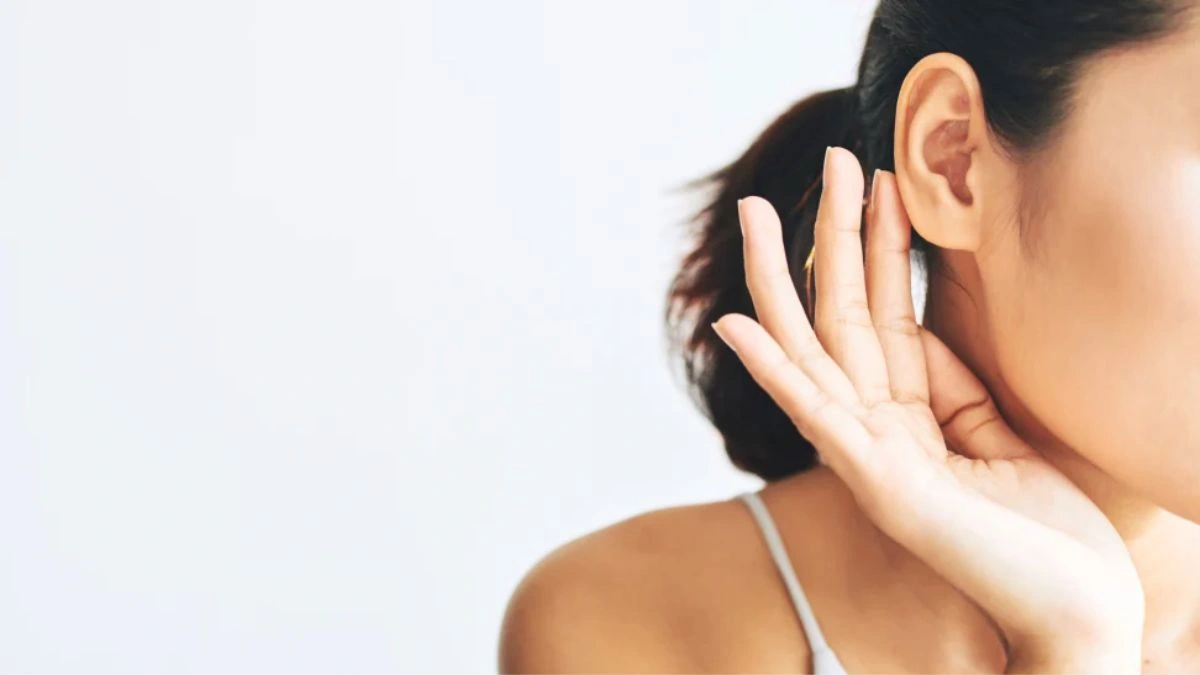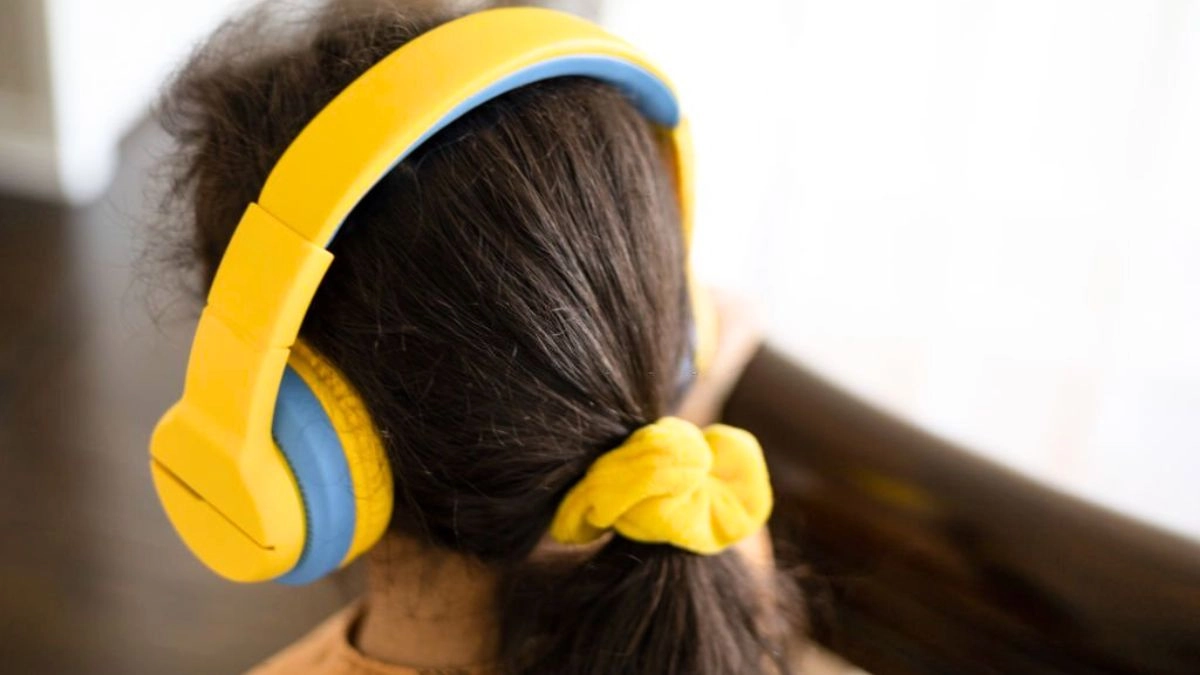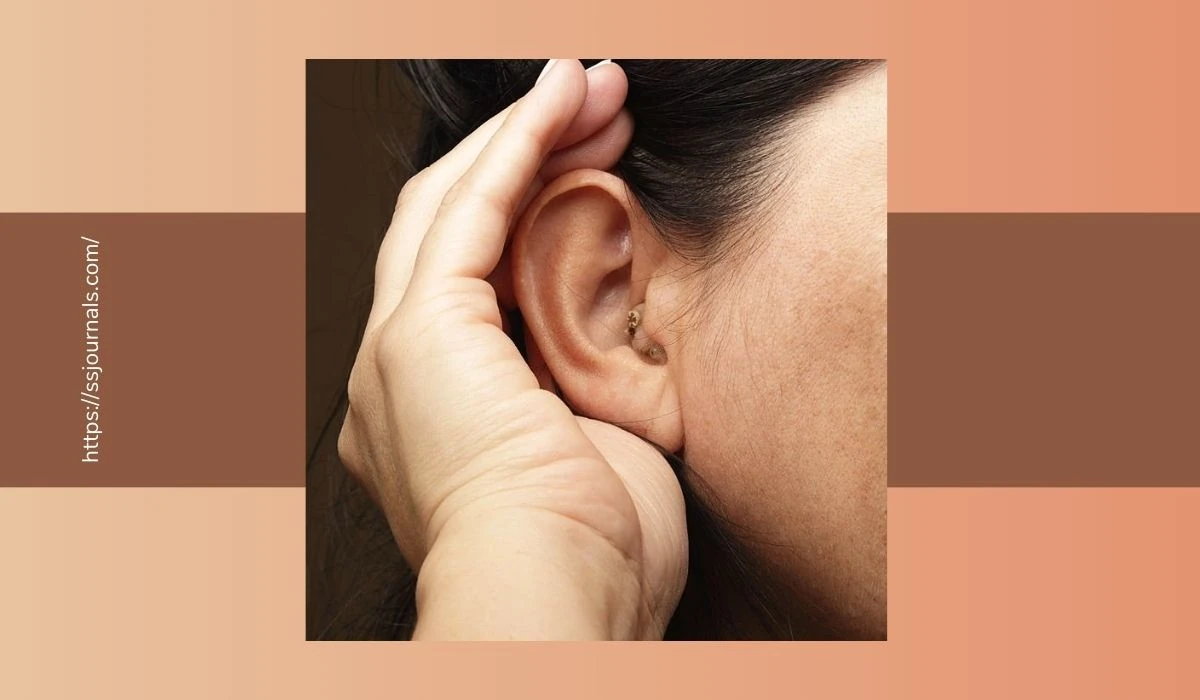Noise-induced hearing loss (NIHL) is generally caused by long-term exposure to loud noise. This condition may affect adults as well as children and can be temporary or permanent. Loud noises can severely impair the hair cells in the inner ear and the auditory nerve.
Scientific studies have reported that NIHL affects approximately 26 million adults between the ages of 20 and 69.
Exposure to loud noise and the effects of noise pollution is the common cause of hearing loss in adults. While adults are at a high risk of noise-induced hearing loss, the increased usage of headphones and earbuds might expose kids and teens to risk as well.
It’s important to follow healthy hearing practices, keep reading this article to know more about Noise Induced Hearing Loss and how to prevent them.
What is Noise-Induced Hearing Loss?
Noise-induced hearing loss (NIHL) is a condition that occurs when the hair cells in the inner ear, known as stereocilia are damaged by the loud sound.

This condition can be temporary or permanent and can affect one ear or both ears. Noise-Induced Hearing Loss can lead to communication difficulties, tinnitus, muffled hearing, etc.
Noise-induced hearing loss is caused by either repeated noise exposure such as loud music or suddenly from exposure to impulse noise such as a gunshot or air horn.
Symptoms of Noise-Induced Hearing Loss
Noise-induced hearing loss (NIHL) typically makes it harder to hear high-frequency sounds.
The following are the most common symptoms of noise-inducing hearing loss include:
- Inability to hear high-pitched sounds
- Pressure or fullness in the ears
- Tinnitus – a ringing sound in the ears
- Pain in the ears
- Trouble understanding words
- Muffling of speech and other sounds
Who is affected by Noise-Induced Hearing Loss?
As per recent studies, 12.5% of children and adolescents between the age of 6–19 years (approximately 5.2 million) and 17% of adults between the age of 20–69 years (approximately 26 million) have experienced permanent damage in their hearing due to excessive exposure to noise.
Noise-induced Hearing Loss is the third most chronic health condition in the U.S. resulting from damaging external noise.
Noise levels of Common sounds
Sound is measured in decibels. A whisper is measured at 30 dB, normal conversation is about 60 dB. Noise above 70 dB over a long period of time may start to impair your hearing.
Loud noises above 120 dB can cause immediate damage to your ears. In general, prolonged exposure to loud noises ranging from 85 decibels to above can lead to hearing loss, though it depends on how long and how often a person is exposed.
Common Causes of Noise-Induced Hearing Loss
The major cause of Noise Induced Hearing Loss is exposure to excessively loud sounds. It can be also caused by a single event such as a gunshot or loud explosion etc. Workplace exposure can also be a major factor in this regard.

Apparently, 1 out of 4 workers in America are exposed to loud noise in the workplace according to the Center for Disease Control and Prevention’s National Institute for Occupational Safety and Health. 12% of these workers are reported to have hearing impairment as well.
Some of the jobs with high exposure to loud noises are:
- Mining and extracting oils
- Carpenters
- Lumberjacks and Loggers
- Armed forces
- Railway workers
Other harmful effects of Noise-Induced Hearing Loss
Long-term exposure to noise may affect physically and mentally in humans. It can lead to tinnitus and hearing loss permanently. Some of them include:
- Stress
- Anxiety
- Depression
- Blood pressure
- Cardiovascular diseases
- Sleep deprivation
How To Prevent Noise-Induced Hearing Loss?
Noise-induced hearing loss is generally permanent. However, it can be temporarily relieved by taking a few precautions such as:
- Limiting the time and exposure to loud noise: limiting the time and exposure to loud noise helps to reduce the high risk associated with Noise-induced Hearing loss.
- Wear hearing protection: Investing in hearing protection devices such as earbuds, noise cancellation headphones, and ear muffs could help to avoid exposure to loud noise from the occupational environment. These device helps to reduce prolonged noise that is 85 decibels or more.
- Use products with limited noise output: power tools and heavy machinery may have extremely high levels of noise. Using such tools with low noise output or using lubricant to reduce friction and noise can help to lessen loud noises.
How to Treat Noise-Induced Hearing Loss?
In most cases, Noise-Induced Hearing Loss can be cured with the help of hearing aids.
In worst cases, hearing aids might not provide enough benefit and are recommended for cochlear implants.
How to protect yourself from Noise-Induced Hearing Loss?
As prevention is better than cure, Noise-Induced Hearing Loss can be prevented by making hearing health a priority and staying away from loud or prolonged noises.
Consulting an audiologist at the earliest of the symptoms could help to diagnose the disease.

